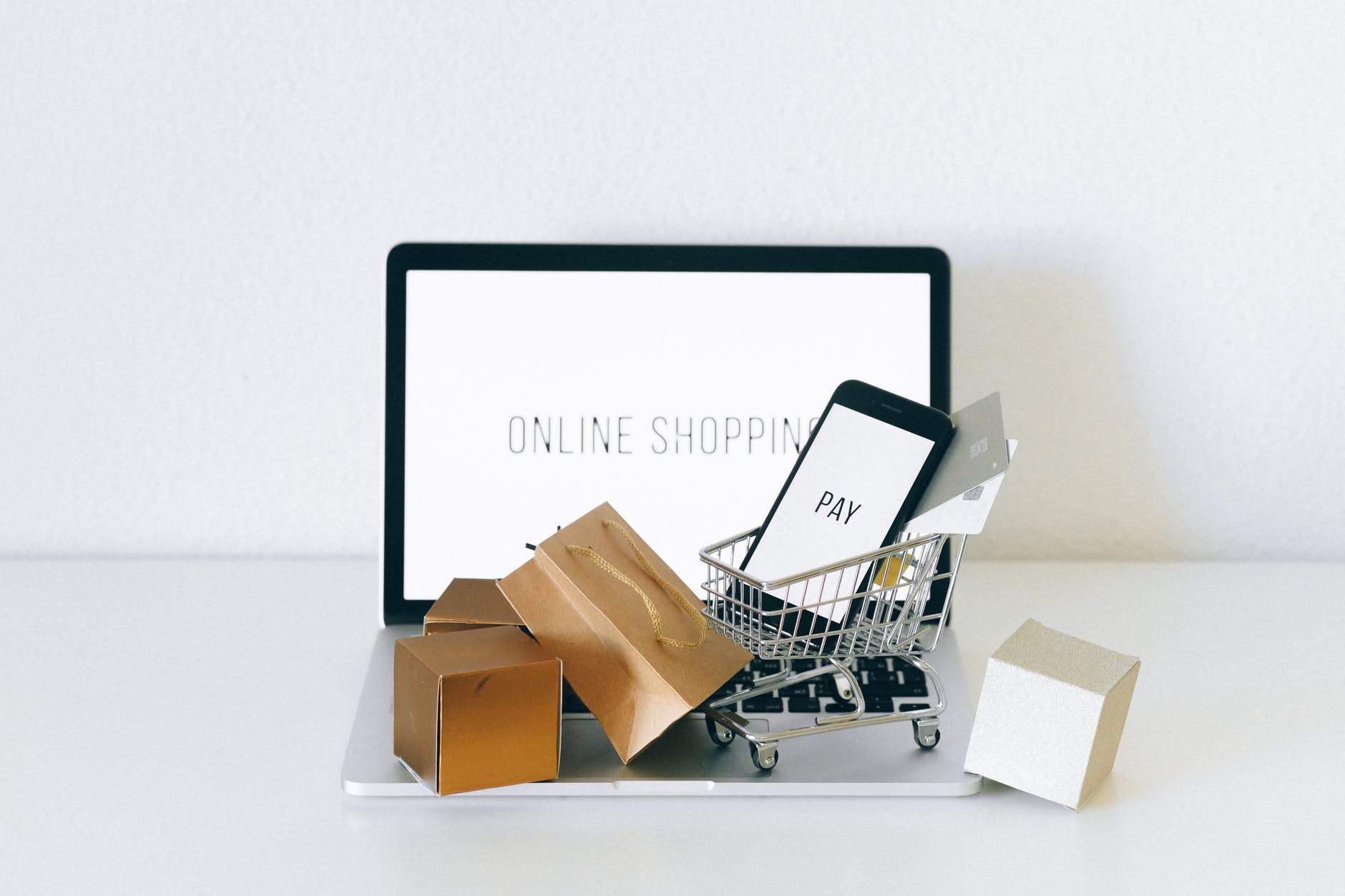- January 10th, 2022
- Category:
This is what 2022 brings according to Sofie Geeroms (BeCommerce)
In 2021, for the second corona year in a row, we saw e-commerce take off. Not so much new trends, but the acceleration of existing ones. Sofie Geeroms (BeCommerce) sees no reason why that would disappear again in a post-corona era, she says in an interview with RetailDetail.
What are your main conclusions after 2021?
"I think e-commerce has really become a force to be reckoned with, and a lasting one. After we saw the final breakthrough of the online shopping event Black Friday with us in 2017, it has only been on the rise. In 2019, we spoke of 'the rise of e-commerce'. A year later that became 'accelerating e-commerce' and now it's 'the power of e-commerce'. People have totally discovered e-commerce, with the benefits of home deliveries and paying in 1 click.It is also sustainable, despite the criticism we sometimes hear from other retail federations. After all, it's better to have 1 delivery truck making bundled deliveries, than to have 100 consumers get in their cars to go make the same purchase in the store."
Is e-commerce falling back to "normal" levels?
"In the most recent quarter, we saw a total of 3.24 billion euros in online spending. That's an increase of 46 percent compared to a year earlier. For some sectors, there really is a fundamental shift in consumer behavior. And if there are exceptions, they always turn out to have very obvious explanations. For example, the telecom sector, which felt the impact of the implosion of the market for prepaid SIM cards.We also see that consumers are not only buying more often online, but that the virtual shopping cart is also growing. People are no longer afraid to spend larger amounts online."
Do you expect a major impact from inflation? Should we get ready for a price war?
"Twice yes. Inflation should really not be underestimated. I read a lot of American media. Recently, The Wall Street Journal did a survey. What did it show? People don't lose sleep over corona but over life becoming more expensive and over their jobs. Energy is a real hot topic. In that sense, e-commerce is important: prices online are often just a bit sharper than offline.
In that respect you can see an important evolution in the US and China. There, a unit price for online and offline is increasingly being created, which then evolves dynamically according to supply and demand. This goes very far in China, for example. Department stores have electronically controlled price labels, and depending on the number of visitors in the store, the prices rise or fall. Online, the same thing happens according to searches. Rising inflation may bring that system to us as well. Perhaps less quickly than I am currently postulating, but there is no doubt that inflation is a catalyst for this kind of thing. E-commerce is the engine par excellence for such evolutions."
Will fast and contactless remain the norm, or will high-touch and high-experience make a comeback?
"There is room for both systems. Any kind of unwanted friction will push a customer to the competition. Certainly online, the shopping experience should be as smooth and fast as possible. But high-touch and high-experience will certainly remain important. Physically going to the store will not disappear. Especially for certain products, it remains important to be able to see them 'live'.
It is perfectly possible that the final purchase still happens online. But focusing on a good shopping experience remains very important. And that is not only for the big chains. Small stores can also offer this. It's a matter of thinking creatively and outside of the box."
What is the importance of new models, such as second-hand and subscriptions?
"Those models are very important to meet the increasing importance that consumers attach to sustainability. In the US, Patagonia stores offer repair and exchange services. Second-hand has broken out of its niche and become hip again, thanks in no small part to the younger generations.
The subscription economy also fits into that sustainability story. Why, for example, would you still own a car in a city if you don't need it every day? Retailers will have to step up their game in that respect. It is no longer appropriate for customers to have to pull out their card at the checkout every time to show that they have a subscription for a particular service or product. That is very important to build loyalty.
As a retailer you have to show that you want to know your customer, make an effort to get to know that customer and finally really know that customer. Those are three really different aspects of that story that they have to work on. Data is a crucial piece of information in that regard. That's more than a gimmick. Amazon has been loss-making for almost 20 years, and only started to turn a profit with the launch of its Prime subscriptions."
What "road to recovery" do you see for retail?
"Retailers really need to go online now, and fully integrate their offline and online offerings. Agility is crucial, to quickly respond to changes in customer behavior. Those who don't take the step now will be 'out of business' within 5 years. This requires investment, and some will have to go into the red for a while, but they will reap the benefits within a few years. Of course, that also requires continuing education, and that is something BeCommerce can certainly help with."






